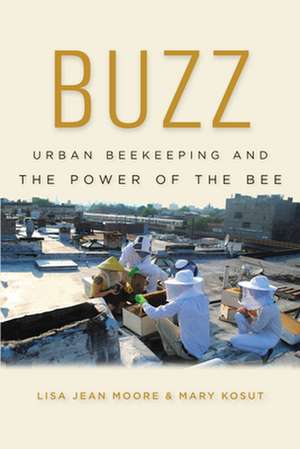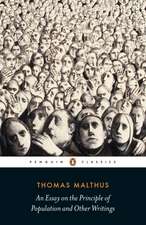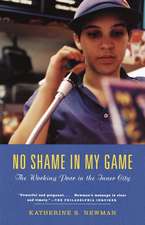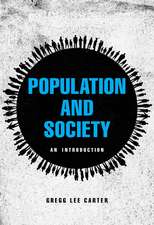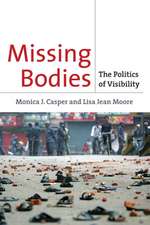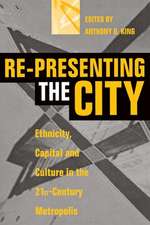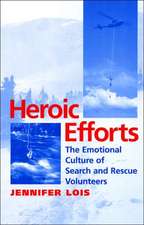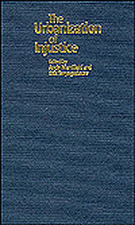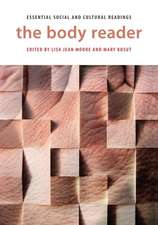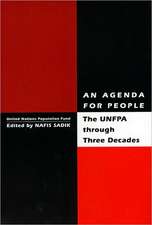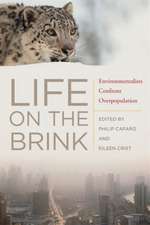Buzz – Urban Beekeeping and the Power of the Bee
Autor Lisa Jean Moore, Mary Kosuten Limba Engleză Paperback – 26 sep 2013
| Toate formatele și edițiile | Preț | Express |
|---|---|---|
| Paperback (1) | 226.67 lei 6-8 săpt. | |
| MI – New York University – 26 sep 2013 | 226.67 lei 6-8 săpt. | |
| Hardback (1) | 526.76 lei 6-8 săpt. | |
| MI – New York University – 26 sep 2013 | 526.76 lei 6-8 săpt. |
Preț: 226.67 lei
Nou
Puncte Express: 340
Preț estimativ în valută:
43.38€ • 45.61$ • 35.84£
43.38€ • 45.61$ • 35.84£
Carte tipărită la comandă
Livrare economică 16-30 aprilie
Preluare comenzi: 021 569.72.76
Specificații
ISBN-13: 9781479827381
ISBN-10: 147982738X
Pagini: 252
Dimensiuni: 152 x 228 x 19 mm
Greutate: 0.39 kg
Ediția:New.
Editura: MI – New York University
ISBN-10: 147982738X
Pagini: 252
Dimensiuni: 152 x 228 x 19 mm
Greutate: 0.39 kg
Ediția:New.
Editura: MI – New York University
Recenzii
"Buzz is a fascinating reminder of the interconnections between humans and animals, even in that most urban of environments, New York City. Lisa Jean Moore and Mary Kosut properly remind us that this tiny insect, the humble honeybee, carries much cultural baggage--a source of honeyed food and occasionally the vector of death. As we come to recognize the limits and dangers of environmental change, Buzz reminds us that we should remember not only what bees mean to us humans, but how humans shape bee colonies. The accounts of urban beekeepers and the recent growth of tended hives throughout the boroughs emphasize that the diversity of human interests matches the diversity of nature. Ultimately, as Moore and Kosut recognize in this intrepid and lively tour of beedom, nature is cultural."-Gary Alan Fine,author of Sticky Reputations: The Politics of Collective Memory in Midcentury America"For almost as long as I have been working in the field of human-animal studies, I have wanted someone to seriously investigate people's relationships with insects. With Buzz, Lisa Jean Moore and Mary Kosut have made a unique, important, and fascinating addition to the literature. Both authors are talented and observant believers in hands-on research.After reading Buzz, you will forever see bees and those who care for them differently."-Clinton Sanders,author of Regarding Animals
"For almost as long as I have been working in the field of human-animal studies, I have wanted someone to seriously investigate people's relationships with insects. With Buzz, Lisa Jean Moore and Mary Kosut have made a unique, important, and fascinating addition to the literature. Both authors are talented and observant believers in hands-on research.After reading Buzz, you will forever see bees and those who care for them differently."--Clinton Sanders,author of Regarding Animals "Buzz is a fascinating reminder of the interconnections between humans and animals, even in that most urban of environments, New York City. Lisa Jean Moore and Mary Kosut properly remind us that this tiny insect, the humble honeybee, carries much cultural baggage--a source of honeyed food and occasionally the vector of death. As we come to recognize the limits and dangers of environmental change, Buzz reminds us that we should remember not only what bees mean to us humans, but how humans shape bee colonies. The accounts of urban beekeepers and the recent growth of tended hives throughout the boroughs emphasize that the diversity of human interests matches the diversity of nature. Ultimately, as Moore and Kosut recognize in this intrepid and lively tour of beedom, nature is cultural."--Gary Alan Fine,author of Sticky Reputations: The Politics of Collective Memory in Midcentury America "In this fascinating blend of sociology, ecology, ethnographic research, and personal memoir, the authors range through all of the aspects of the human relationship with the honeybee."--Booklist, September 2013 "Covering everything from the place of honey in artisanal food shops and health-related goods, to cultural and media images, the authors describe how the bee has manifested as a cultural representation of the natural world and how people respond to it...readers with a keen desire to understand how bees fit into society and sustainability will find this text on human/insect relations an intriguing read."--Library Journal
"For almost as long as I have been working in the field of human-animal studies, I have wanted someone to seriously investigate people's relationships with insects. With Buzz, Lisa Jean Moore and Mary Kosut have made a unique, important, and fascinating addition to the literature. Both authors are talented and observant believers in hands-on research.After reading Buzz, you will forever see bees and those who care for them differently."--Clinton Sanders,author of Regarding Animals "Buzz is a fascinating reminder of the interconnections between humans and animals, even in that most urban of environments, New York City. Lisa Jean Moore and Mary Kosut properly remind us that this tiny insect, the humble honeybee, carries much cultural baggage--a source of honeyed food and occasionally the vector of death. As we come to recognize the limits and dangers of environmental change, Buzz reminds us that we should remember not only what bees mean to us humans, but how humans shape bee colonies. The accounts of urban beekeepers and the recent growth of tended hives throughout the boroughs emphasize that the diversity of human interests matches the diversity of nature. Ultimately, as Moore and Kosut recognize in this intrepid and lively tour of beedom, nature is cultural."--Gary Alan Fine,author of Sticky Reputations: The Politics of Collective Memory in Midcentury America "In this fascinating blend of sociology, ecology, ethnographic research, and personal memoir, the authors range through all of the aspects of the human relationship with the honeybee."--Booklist, September 2013 "Covering everything from the place of honey in artisanal food shops and health-related goods, to cultural and media images, the authors describe how the bee has manifested as a cultural representation of the natural world and how people respond to it...readers with a keen desire to understand how bees fit into society and sustainability will find this text on human/insect relations an intriguing read."--Library Journal
